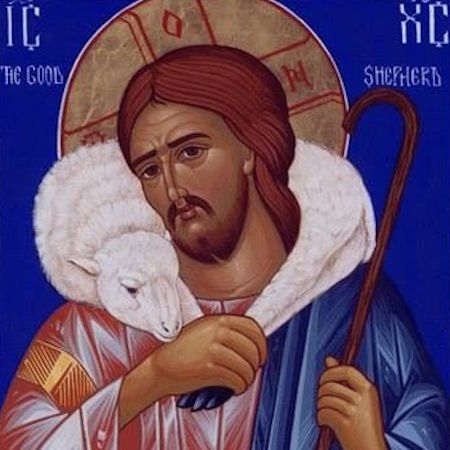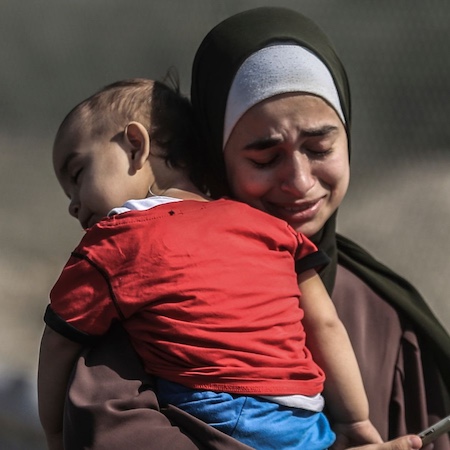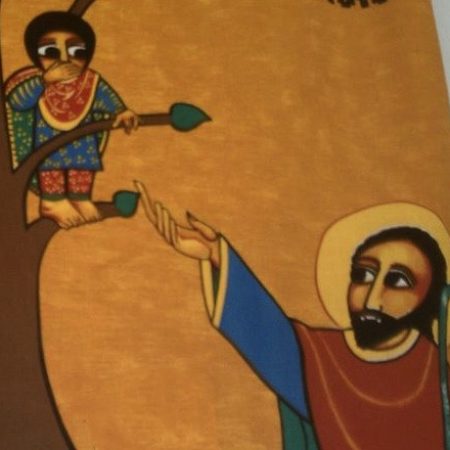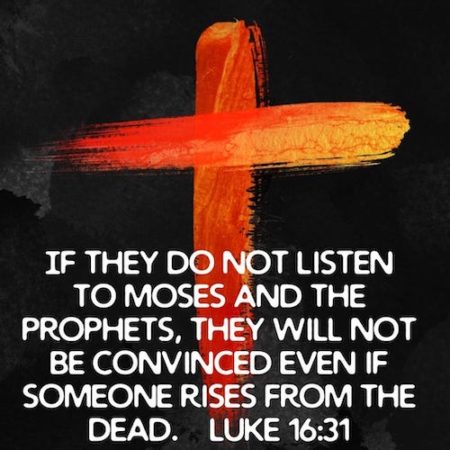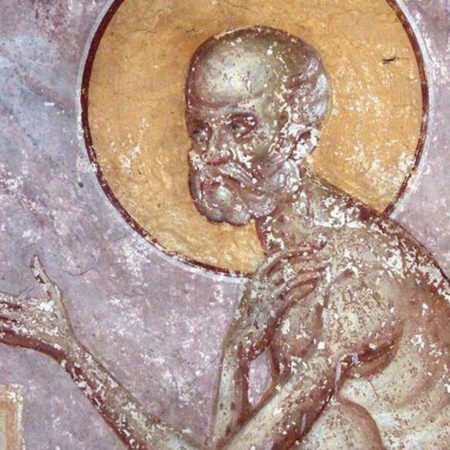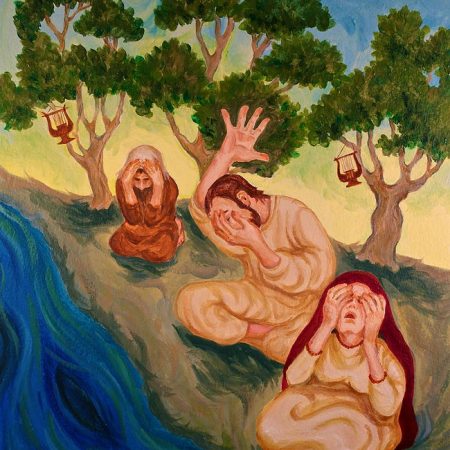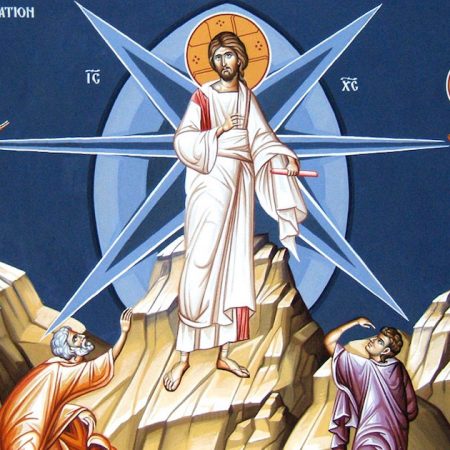The image of Jesus as the good shepherd can speak of tough life-on-the-line love, not just cuddling lambs.
Sermons on Suffering
In an increasingly polarised world, championing the radical love and mercy shown by Jesus is likely to bring hostility from all sides.
God reaches out to us through babies and elderly folks with a message of love and redemption that cuts through the theological justifications of empire and warmongering and calls us to peace.
Many parts of the Bible can be and often are weaponised as tools of oppression, but when we read it critically, with and through the teachings and example of Jesus, it calls us to liberation and life.
Grief and suffering bring us close to the heart of the suffering God and can open us to God’s transforming and resurrecting power.
In the Christ-child we encounter God responding to our suffering and leading us into the promised land of new life.
Jesus seeks out and embraces the outcasts, taking upon himself the hatred and hostility that had been directed at them.
The cross of Jesus can teach us to recognise the innocence of suffering, and so enable us to recognise our own dependence on God’s mercy and to stop digging our own hells.
Adversity, violence, and suffering can come as a consequence of not just sin, but of radical love, but with love it can strengthen and sharpen us for fullness of life.
The promise of baptism with fire may surprisingly lead us to a loving suffering messiah.
After horrendous suffering and loss, the most courageous and ultimately transformative response is to reinvest in life and love with passion and hope.
Faithful lament, even enraged and despairing lament, takes us close to the heart of God, though we usually can’t perceive God when we are there.
Christian hope is rooted in suffering that does not remain unanswered. God answers in the resurrection of Jesus Christ, ensuring that everything will not only be fine, it will be better.
As we head with Jesus towards the cross, carrying the pain and injustice of the world, God does not hide his face from us but hears our cries for justice.
God will walk with us in suffering and work redemptively within it, but God is not powerful enough to just remove it.
The stories of Moses, Elijah and Jesus on various mountain tops reveals a process of God’s self-revelation as the one who loves us and suffers for us.
In the culture of Jesus, the very conditions that create discomfort, struggle, suffering and even scorn, paradoxically are transformed into the essential ingredients to inherit and inhabit the kingdom of God.
In the worldwide lockdown, we stand on an uncomfortable threshold and wonder where God is. God responds to our need, sending the Holy Spirit to stand with us.
True martyrdom involves suffering even unto death. But, no less important, the martyr sees what other people may not be seeing, and opens their eyes to it.
In the face of monumental devastation and suffering, God speaks a word, and the word becomes flesh.

